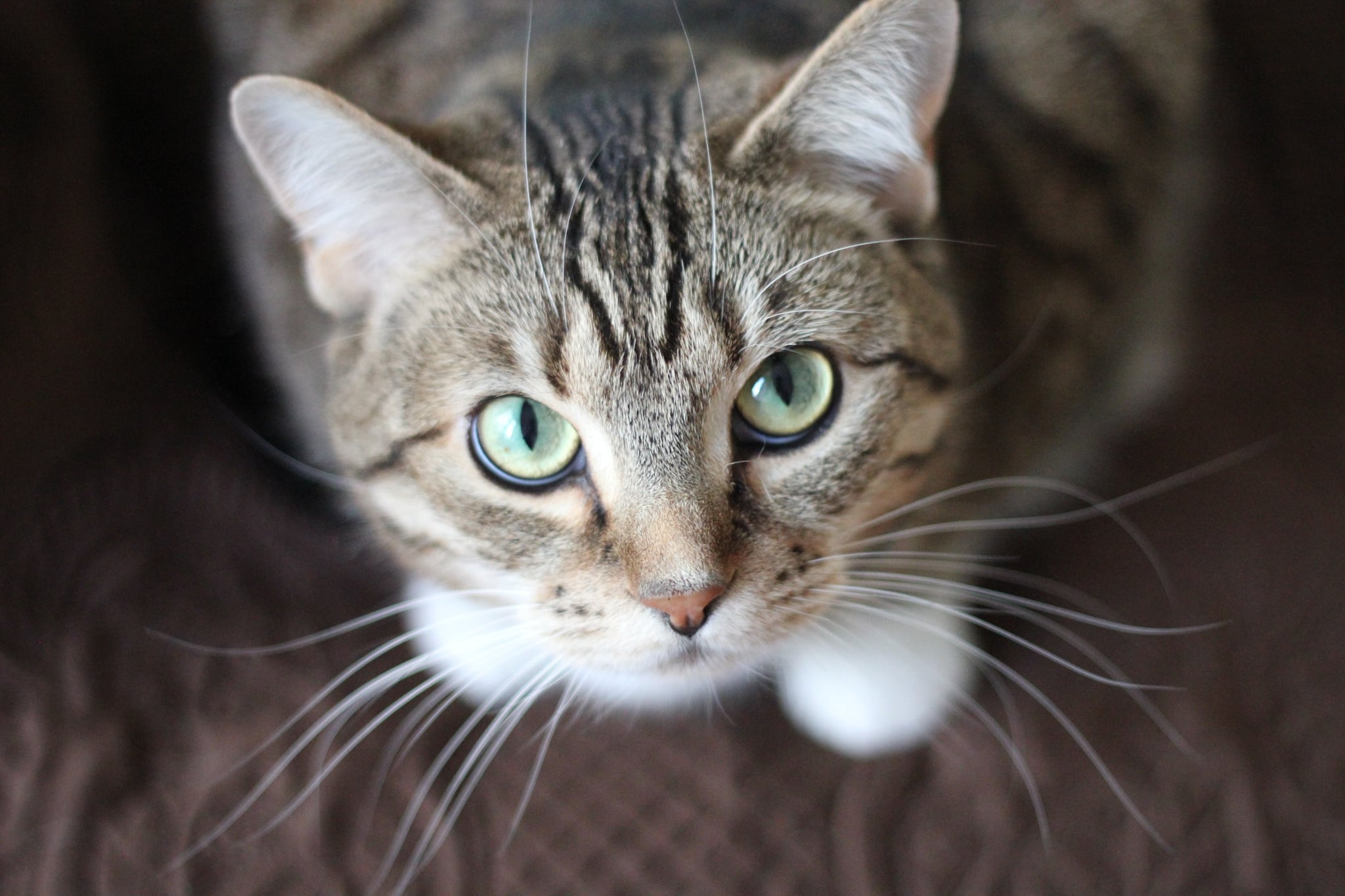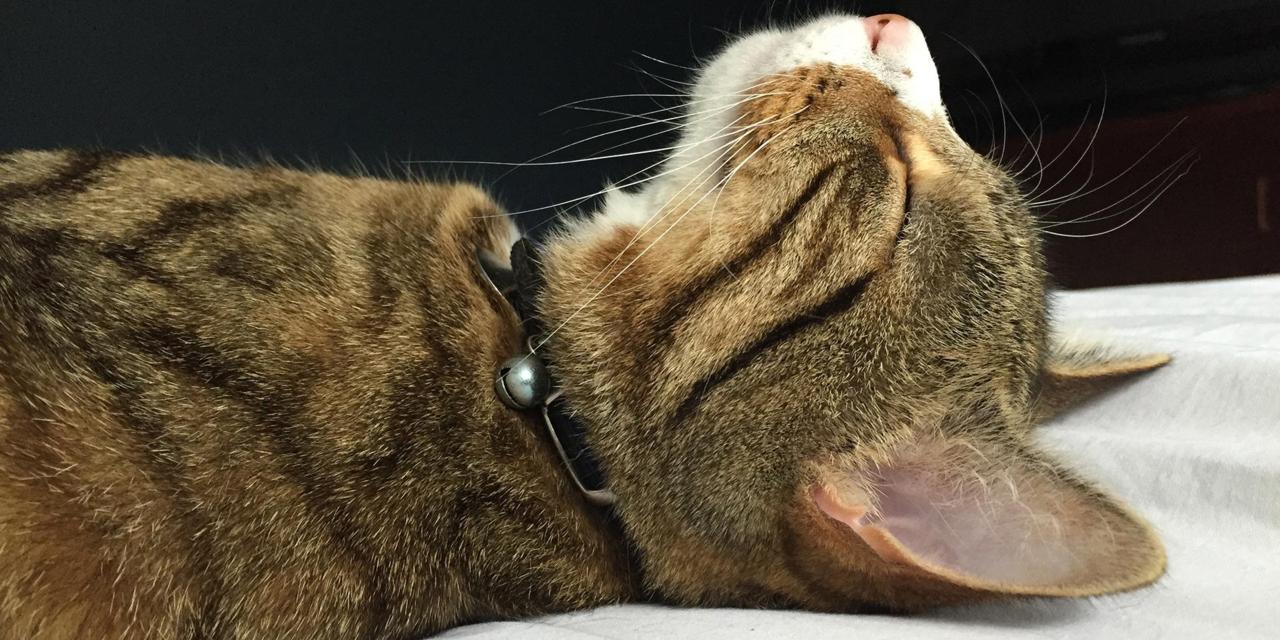Explore the What Do I Do If My Cat Dies At Home article containing information you might be looking for, hopefully beneficial for you.

What to Do if Your Cat Dies at Home: A Comprehensive Guide
Losing a beloved pet is an incredibly painful experience. When that pet is a cat, who often spends a significant amount of time as a close companion, the grief can be overwhelming. If your cat dies at home, it’s important to know what steps to take to ensure a dignified farewell and protect your health and well-being.
In this comprehensive guide, we’ll cover everything you need to know about what to do if your cat dies at home, from the initial steps to the final arrangements. We’ll also provide tips and expert advice to help you cope with the loss of your furry friend.
Understanding the Grief Process
Losing a cat can trigger a range of emotions, including sadness, anger, guilt, and numbness. It’s important to allow yourself time to grieve and process these emotions at your own pace. Don’t be afraid to seek support from friends, family, or a pet bereavement counselor if you need it.
Remember that grief is a natural process and there is no right or wrong way to feel. Allow yourself to experience the emotions that come up and don’t try to suppress or deny them. In time, the pain of losing your cat will gradually lessen, but the memories you shared will always be with you.
Physical Care of Your Cat’s Body
Once you’ve had time to grieve, you’ll need to decide how to handle your cat’s body. There are several options available, including:
- Burial: You can bury your cat in your backyard or at a pet cemetery. If you choose to bury your cat at home, be sure to dig the grave deep enough to prevent other animals from digging up the body.
- Cremation: You can have your cat cremated, either individually or with other pets. The ashes can be scattered, buried, or kept in an urn.
- Pet funeral home: You can arrange for a pet funeral home to handle all the arrangements, including transportation, cremation, and burial or scattering of the ashes.
When making your decision, consider your budget, personal preferences, and your cat’s wishes (if you know them). Whichever option you choose, make sure it’s one that you’re comfortable with and that will give your cat a dignified farewell.
Emotional Care of Yourself
In addition to taking care of your cat’s body, it’s also important to take care of your own emotional well-being. Here are a few tips:
- Allow yourself to grieve: Don’t try to bottle up your emotions or pretend that you’re over losing your cat. Allow yourself to cry, talk about your feelings, and seek support from others.
- Take care of your physical health: Eating healthy, getting enough sleep, and exercising regularly can help you cope with stress and grief.
- Find ways to remember your cat: Create a scrapbook or photo album, plant a tree in your cat’s memory, or donate to a pet charity in your cat’s name.
- Seek professional help if needed: If you’re struggling to cope with the loss of your cat, don’t hesitate to seek professional help. A therapist can help you process your emotions and develop coping mechanisms.
Losing a cat is a heartbreaking experience, but it’s important to remember that you’re not alone. There are people who care about you and want to help you through this difficult time. Allow yourself to grieve, take care of yourself, and cherish the memories you shared with your beloved cat.
Frequently Asked Questions
Here are some frequently asked questions about what to do if your cat dies at home:
- Q: What should I do if I find my cat dead at home?
- A: Remain calm and assess the situation. If your cat is still warm and has a heartbeat, try to perform CPR. If your cat is not breathing and does not have a heartbeat, you should assume they have passed away.
- Q: How do I know if my cat is dying?
- A: There are several signs that may indicate that your cat is dying, including loss of appetite, lethargy, difficulty breathing, and incontinence.
- Q: What should I do if my cat dies suddenly?
- A: If your cat dies suddenly, it’s important to contact your veterinarian as soon as possible. Your veterinarian can help you determine the cause of death and rule out any underlying health conditions.
- Q: How can I cope with the loss of my cat?
- A: Losing a cat is a difficult experience, but there are several things you can do to cope with the loss, such as allowing yourself to grieve, taking care of your physical and emotional health, and seeking professional help if needed.
Conclusion
Losing a cat is a painful experience, but it’s important to remember that you’re not alone. There are many people who have gone through the same experience and can offer support and guidance. Allow yourself time to grieve, take care of yourself, and cherish the memories you shared with your beloved cat.
Are you interested in learning more about what to do if your cat dies at home?

Image: allspetsanimal.netlify.app
What Do I Do If My Cat Dies At Home has been read by you on our site. We express our gratitude for your visit, and we hope this article is beneficial for you.